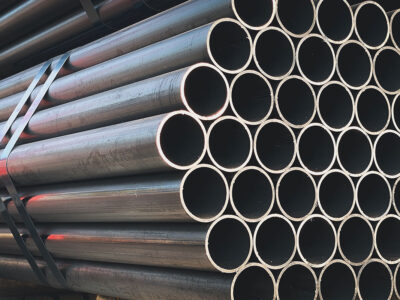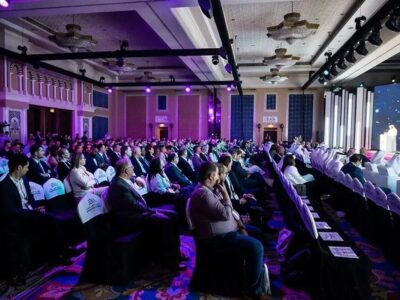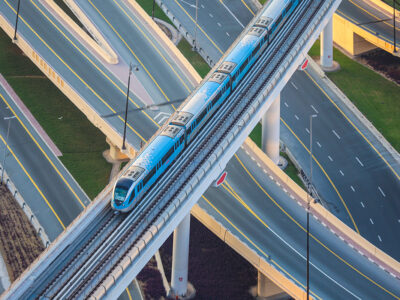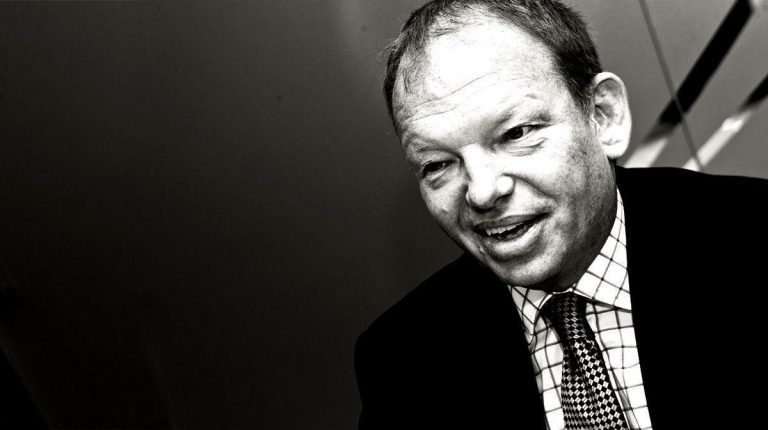Having completed its first project in the Middle East in the 1950s, EC Harris established a permanent presence in 2000. Its flagship projects since then include the $1.5bn Atlantis on Palm Jumeirah, while it is currently working on Sowwah Island and Saadiyat Islands in Abu Dhabi.
Partner and Middle East regional leader John Williams explains that EC Harris is a built-asset consultancy as opposed to a multi-disciplinary services consultancy. “The whole approach we took is how we interact with our clients’ needs, where built assets are an important part of their own portfolio. Our primary driver is to look at those client needs against their built assets, and what solution we can put together to deliver these.”
This approach is what differentiates EC Harris as a built-asset consultancy, says Williams. Instead of clients requesting consultants or project managers, “they present us with their specific problems, and sorting out what services are needed is our problem. Of course, we still pitch for cost and commercial or project management work, but actually our relationship with our clients has become much greater, as more and more it involves understanding what makes their businesses tick and their balance sheets work.”
Such a ‘one-stop shop’ approach seems ideally suited to the current environment of cost-cutting and the demand for increased efficiency. “The other thing in this market is that most people begrudge spending on a purchase that is very functional, whereas actually by appointing someone like EC Harris, there is an opportunity to add some value to their portfolio, to save some money, to build things quicker, to get genuinely tangible value out of their assets – that is where we are trying to achieve something,” argues Williams.
He adds that, while the market itself has changed, multi-disciplinary consultancies have had to adapt accordingly to keep pace with changing client needs. “In the ebb and flow of boom and quieter times, you do see teams expand and contract. When they contract, they need a more dependable consultant to work with them. When they expand, you maybe opt more for single-service lines, and your internal team will manage it. That is a big change. In terms of the major projects in the market at present, from Qatar to Saudi Arabia, they want someone to manage the programme of works for them. Clients want one person to sort it out, single point of contact and a very senior person to deal with it – actually how you sort it out is the consultant’s responsibility. We are going to be seeing more of this,” notes Williams.
“So, yes, it is probably a good time for built-asset consultancies. I think another aspect of it that we are starting to see – and this is early days – is that there will be more opportunity to refurbish and reconfigure assets. Maybe in a boom time you knock the old assets down and build new ones; maybe in a time like now you would think more about it. Maybe a five-star hotel is not working – can I get more rooms out of a four-star and raise the occupancy rate? I think that if we have the data that proves build costs and hotel efficiencies, we can get a head start on such opportunities.”
In this regard, Williams says about the Dubai market in particular: “We are starting to see more investors looking at partially-built properties. It is interesting. Dubai generally is getting busier – everyone is saying that. Real estate was always the market that got hit the hardest, but the leisure market – hotels, retail – has always been quite strong actually. We are starting to see much more movement now, though not on the scale of the mid-2000s, nothing like that. What we are starting to see here are a lot of projects getting completed, and a lot of areas looking more finished off, even though the rental levels may still be quite low. So there are positive signs here.” However, the construction industry itself is changing, and Williams says “we are seeing a real shift from commercial developments to physical and social infrastructure such as hospitals, schools and residential units, though more social housing – these are the sorts of projects that are being announced. In some cases it will require skills sets, and we will bring new capability into the region.”
What stands EC Harris in good stead in this regard is its involvement with the schools’ building programme in the UK, since cut back due to the government’s imposed austerity measures. “Hence we are able to bring some of that capability over here, which is pretty much of the moment in terms of standards,” says Williams. This has the added benefit of keeping the region up to date with trends in Europe, “as a lot of thought leadership comes from that part of the world.”
Williams explains that EC Harris has about 250 people in the UAE, spread between its Abu Dhabi and Dubai offices. “Our people have become more flexible,” he says. Staff retention has been high, which he attributes to the prevailing need for job security. “I think it is possibly true all over the world at the moment: if you say to someone, will you go from what you are doing, and do six months over there, what am I going back to? Security is what people want currently; then we still have an Arab Spring type of situation going on here.”
Article continued on next page…
EC Harris also has an office in Doha, Qatar and Dammam in Saudi Arabia, though it is seeing an increase in the work from Jeddah and Riyahd. “Geographically for us it is fair to say that the commitment to expenditure in Qatar and Saudi Arabia will mean our businesses will grow more rapidly there. Again it has taken a while to create strong positions in those markets. There is quite a lot of work now,” says Williams.
Commenting on the business environment in Saudi Arabia, Williams says “there are two types of clients.” The first are investors keen to get on the infrastructure bandwagon in terms of housing and hotels, while the second are companies like Aramco that wield considerable influence in terms of government contracts and priorities. “It is a place where you need to focus on what you are actually going to be targeting and looking for. We are in the middle of really narrowing that down to where we believe we can invest in,” says Williams.
In terms of expectations for Qatar due to its build-up for the 2022 FIFA Football World Cup, Williams points out that there are a lot of ongoing projects, irrespective of the announcements for major infrastructure projects. EC Harris, for example, is working on a major retail scheme at the moment. “Everyone is waiting to see what is going to happen. It is a hugely exciting time in Qatar. We have grown over the last year, regardless of the big announcements, probably quite significantly. We are really positive about the place. I think it is going to be very interesting.”
Williams says that what interests him about the Qatar market is seeing “what happens to construction prices, inflation, how the supply market copes with it. At the moment I think a lot of suppliers will see it as an opportunity – will there be enough suppliers to cope with demand? What will happen when we get closer to 2022?” The timeline has also been affected by Qatar’s bid to host the 2020 Olympics. “If you work on the principle that Qatar is going to want to have everything ready, and not just finished at the last minute, then you see there is actually quite a lot to do and not a lot of time.”
However, Williams is full of praise for the way that Qatar has gone about preparing for the World Cup: “I think the Qataris have been wise in spending time planning it. There are going to be some challenges certainly, but I hope we are well placed to be there, as it is a good place and people want to be there.”
Apart from Qatar, Williams says Egypt is another up-and-coming market. “We are starting to see a lot more opportunities coming again in Egypt. Some of them are closing out, old projects that have stopped.” Iraq is also piqueing the interest of oil companies, while “things are moving” in Lebanon and Jordan. Williams says EC Harris is perfectly positioned to take advantage of such local opportunities, especially as Dubai is seen as a regional hub. “Dubai, moreso than Abu Dhabi, has been a beneficiary of some of the Arab Spring moments, as people have realised how hard Dubai can work and how flexible it is. The biggest challenge still is uncertainty. What will happen in a market like Syria? What will continue to happen in the UAE?
“That is probably the biggest challenge we have to contend with. It is not quite the days of 2009 when you were working on a project one day and then all of a sudden on another the next day. It is much more stable, but is nevertheless still a little uncertain, and that includes changes in power, governments, that sort of thing.
“In terms of opportunities, I think the Middle East, for good reasons and not so good reasons, has a raised profile in the world. There is an opportunity in that Dubai is returning to a stronger, more balanced place. What tends to happen in a market like this is more questions are asked of business cases – how quickly can we get a financial return?
“We are quite well placed at times of such, I suppose, austere budgets because the heart of what we do encompasses the financial performance.”








